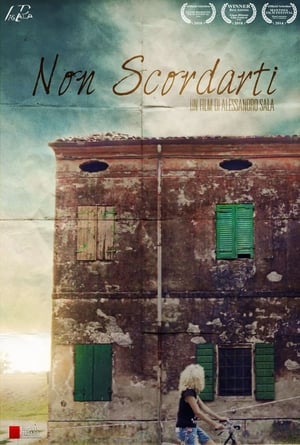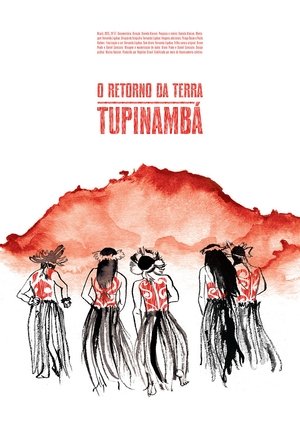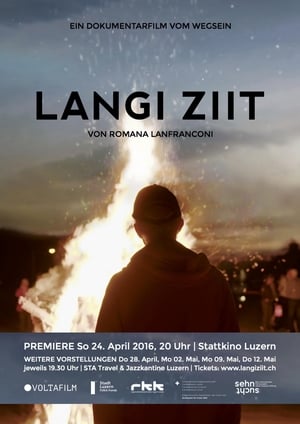

De okända utvandrarna(1991)
Documentary about Swedish emigration to Argentina via Brazil.

Movie: De okända utvandrarna
Top 6 Billed Cast
Self
Self
Self
Self
Self
Self

De okända utvandrarna
HomePage
Overview
Documentary about Swedish emigration to Argentina via Brazil.
Release Date
1991-12-31
Average
0
Rating:
0.0 startsTagline
Genres
Languages:
EspañolsvenskaKeywords
Similar Movies
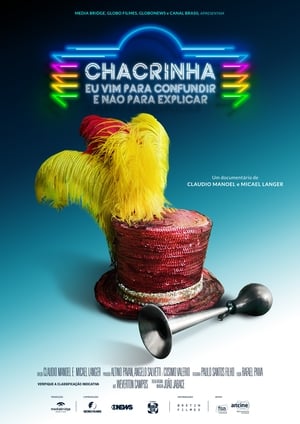 6.0
6.0Chacrinha: Eu Vim para Confundir e Não para Explicar(pt)
Chacrinha's legacy on TV and excerpts from his personal life are revealed through testimonials and archive images, which tell the story behind the cameras, the behind the scenes that consolidated a new way of communicating Brazil and the facets of a man who is one of the most interesting contemporary characters on the national cultural scene.
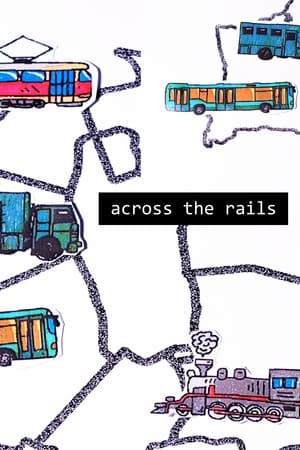 0.0
0.0Across the Rails(be)
2021 was a turning point for Belarus and 6 Belarusian students - as well as for the city of Łódź, Poland, in which they found themselves. Across the rails of change and transformation, documenting a time that has not been before and will not repeat again. Heroes of the film have very different fates and experiences, but they are all connected by the place they found themselves in - the post-industrial and post-apocalyptic city, which becomes a part of their story and a hero of its own. Students, transport, quaters, youth, revolution, local apocalypse, changes and turns - they all mix in a documentary kaleidoscope 'Across the Rails'.
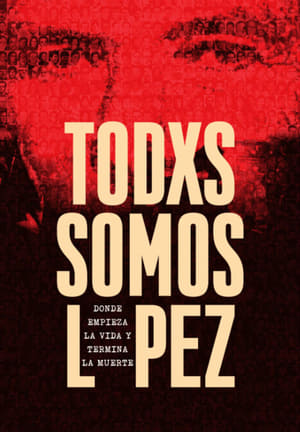 0.0
0.0Todxs somos López. Donde empieza la vida y termina la muerte(es)
A chronicle on the days without Jorge Julio López, key witness and complainant on the first trial on genocide in Argentina, dated in 2006. López, who had survived through concentration camps on the late seventies argentinian dictatorship, disappeared for the second time the day the court decision meant to condemn his kidnappers was about to be read.
 7.1
7.1Arcadia(en)
A provocative and poetic exploration of how the British people have seen their own land through more than a century of cinema. A hallucinated journey of immense beauty and brutality. A kaleidoscopic essay on how magic and madness have linked human beings to nature since the beginning of time.
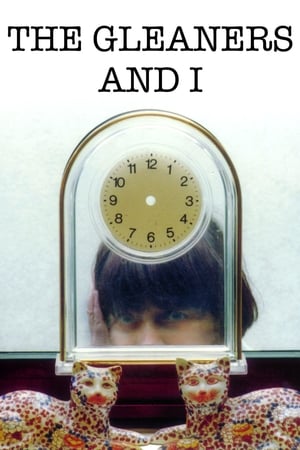 7.7
7.7The Gleaners and I(fr)
Varda focuses her eye on gleaners: those who scour already-reaped fields for the odd potato or turnip. Her investigation leads from forgotten corners of the French countryside to off-hours at the green markets of Paris, following those who insist on finding a use for that which society has cast off, whether out of necessity or activism.
 5.0
5.0Deadlock(ar)
Overlooking the sea, two young men contemplate what is beyond the horizon as their friends and family leave for the allure of a new life.
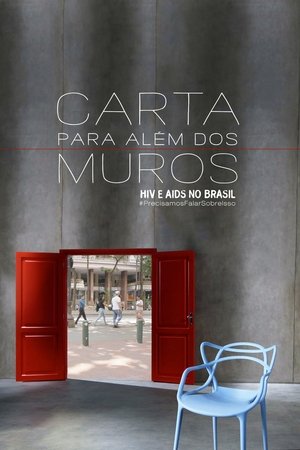 8.2
8.2Letter Beyond the Walls(pt)
Letter Beyond the Walls reconstructs the trajectory of HIV and AIDS with a focus on Brazil, through interviews with doctors, activists, patients and other actors, in addition to extensive archival material. From the initial panic to awareness campaigns, passing through the stigma imposed on people living with HIV, the documentary shows how society faced this epidemic in its deadliest phase over more than two decades. With this historical approach as its base, the film looks at the way HIV is viewed in today's society, revealing a picture of persistent misinformation and prejudice, which especially affects Brazil’s most historically vulnerable populations.
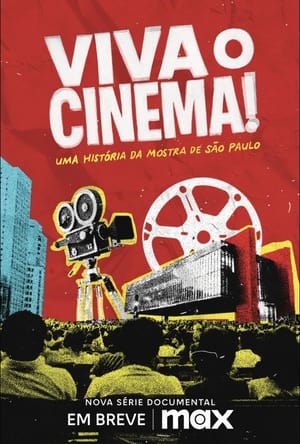 0.0
0.0Viva o Cinema! Uma História da Mostra de São Paulo(pt)
The series tells the story of the São Paulo International Film Festival, one of the most traditional cultural events in Latin America. For 48 years, the festival has showcased hundreds of films from all over the world, bringing vibrancy to the city. Filmmaker Marina Person provides an irreverent perspective, highlighting the exciting and unusual stories that have marked the festival’s journey of resistance. The series reveals the individuals who have embraced the challenge of organizing this significant cultural event in Brazil every year, despite often challenging conditions. We also delves into how the Mostra has grown to become one of the main festivals globally, shedding light on the changes in cinema, Brazil, and the world over the years.
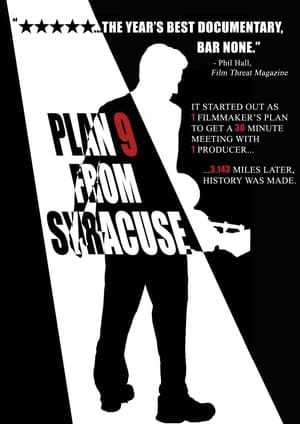 0.0
0.0Plan 9 From Syracuse(en)
On August 15th, 2006, filmmaker Ryan Dacko set out to get a 30-minute meeting with a major Hollywood producer by running on foot from Syracuse, New York to Hollywood, California.
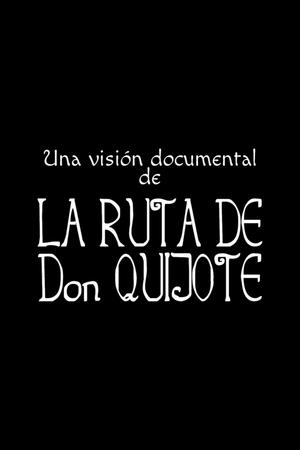 5.2
5.2La ruta de don Quijote(es)
A poetic journey through the paths and places of old Castile that were traveled and visited by the melancholic knight Don Quixote of La Mancha and his judicious squire Sancho Panza, the immortal characters of Miguel de Cervantes, which offers a candid depiction of rural life in Spain in the early 1930s and illustrates the first sentence of the first article of the Spanish Constitution of 1931, which proclaims that Spain is a democratic republic of workers of all kind.
 0.0
0.0A Kingdom of Tea & Strangers(en)
At L'Abri, a short-term "hospitality community" in the English countryside, five strangers spend a summer together exploring their big questions about faith, being human, and finding belonging back home.
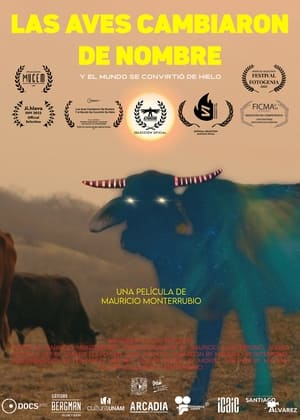 0.0
0.0The Birds Changed Names And The World Turned Into Ice(es)
Migrant families experience violence, but they also keep beautiful memories when they arrive in new lands. Fantastic and intimate stories, recalled from childhood, travel across time and space, magically intermingling with the help of the four elements and breaking the boundaries of cinema.
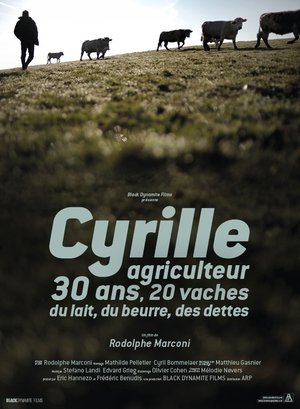 6.5
6.5Cyrille(fr)
Cyrille, a young gay farmer from Auvergne, has only one friend, a homosexual like him. One day, he goes on vacation to a beach in Charente Maritime. He cannot swim and sees the sea for the first time. It was there that he met the director Rodolphe Marconi who decided to devote this sensitive and gentle portrait to him, plunging us into an agricultural world in crisis and into a life often lonely and made up of hard work rarely pays off.
 8.0
8.0Miyama, Kyōto Prefecture(de)
The follow-up film to “Barstow, California” takes us to the mountains of Miyama, a remote forest and tourist area north of Kyoto. Uwe Walter, a shakuhachi player from Germany, lives there with his wife Mitsuyo for 30 years. Together with the villagers he prepares the annual Gion Festival. On the eve of the festival, the village representatives tell him that his self-built studio is to be demolished. This brings back memories for him of earlier times and his first steps as a Nō actor. In the manner of a fresco, the film interweaves rural depictions of everyday life with the story of its German protagonist. In the village community with its togetherness of generations, Uwe shares life with his neighbours, with farmers, hunters, woodsmen, poultry farmers and anglers, tills his kitchen garden, and like other tradition-conscious villagers, he also grows his rice. The film shows them in a harsh mountain landscape between the rainy season and the first snow.
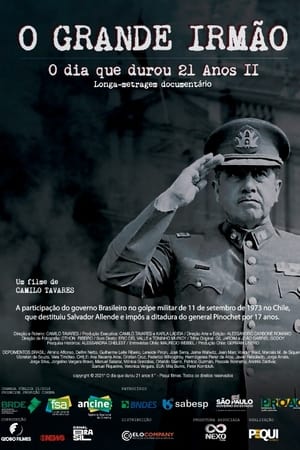 0.0
0.0O Grande Irmão: O Dia que Durou 21 Anos 2(pt)
With confidential and unpublished documentation, the film shows the background and behind-the-scenes of the coup in Chile that took place on September 11, 1973 - and General Pinochet's dictatorship, which lasted 17 years.
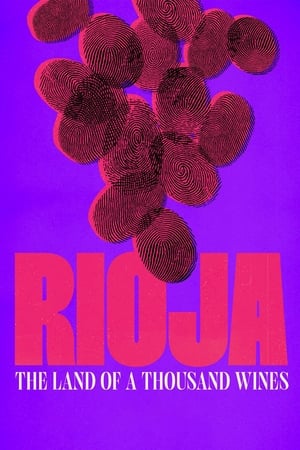 8.0
8.0Rioja: The Land of a Thousand Wines(es)
By telling the human stories behind the entire value chain that gives life to the Spanish wine with the greatest international projection, ‘Rioja, Land of the Thousand Wines’ portrays a currently blooming wine region underpinned by the talent and the work of the new generations of winemakers that operate side by side with the region’s historic wineries. The film puts the focus on the match between territory and product, wisdom and tradition, and lays a bridge between the origins and the future of Rioja. An immersion into a fascinating world that, through captivating cinematography and careful editing, attempts to find the keys to understanding what Rioja wine is and what makes it so special.
